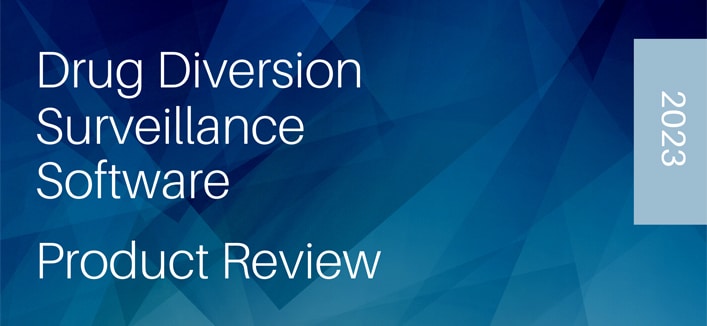I recently spoke to a pharmacist that shared the culture at their organization when it comes to monitoring for diversion. While they do have a team of diversion specialists that understand diversion and what to look for, they are managed by leaders who think they know better than those specialists. As a result, the voices of the diversion specialists are not as prominent as they should be. They also shared that the PIC has no real authority. The person within the pharmacy who makes all decisions and manages all things controlled substances is not the PIC; but more importantly (or astounding), is that the PIC’s voice does not carry any weight even if they have concerns. Different states have varying penalties for PICs if violations are found, so I asked if their state was one of the more lax ones when it comes to PIC obligations to confirm regulatory compliance. The answer was no. Having been a PIC who had to defend myself to the Board of Pharmacy, I want to urge all of you that may be in the same boat as this PIC with no authority to make some changes. Assert your authority or go somewhere else. As long as there are no issues, there will be no issues! But as soon as there are, and there is a very real risk of this, you will wish you had done something differently.
Message of Hope
For many, the holidays are a time of struggle. The reason for the struggle varies. I am hoping at least one person struggling with substance







